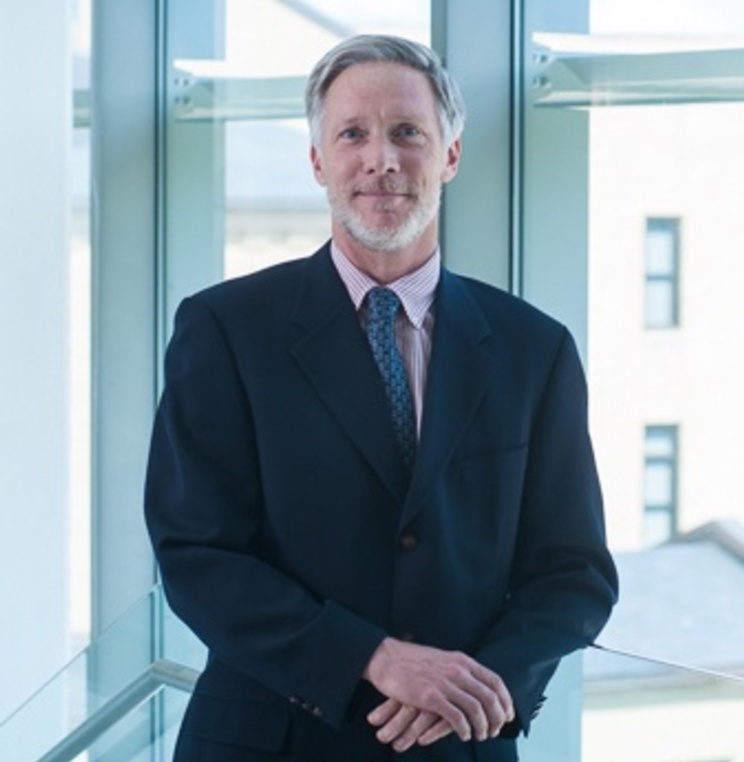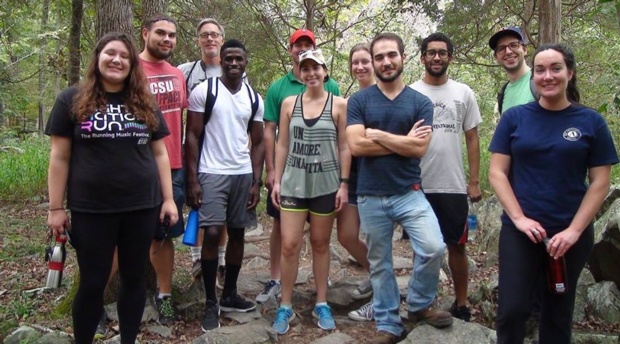Professors in Practice: Bill Snape’s Career-long Fight for the Environment
Feb. 18, 2020

While students may recall the Supreme Court’s case Lujan v. Defenders of Wildlife from their first-year Constitutional Law class, Professor William J. Snape, III worked on the case fresh out of law school.
“[Lujan] was the first project I worked on,” said Snape, assistant dean of adjunct faculty affairs and professor at American University Washington College of Law and senior counsel with the Center for Biological Diversity. “It was a great opportunity even though it did not turn out the way we wanted.”
As a legal fellow for the Defenders of Wildlife in the 1990s, and then eventually vice-president and chief counsel for the organization, Snape conducted research for Lujan’s plaintiff brief. Twenty years later, Snape is writing an amicus brief (a legal document filed by non-litigants with a stake in the outcome of a case on appeal) for yet another high-profile environmental law case—Juliana v. the United States.
Juliana, currently on appeal from an adverse ruling in the United States Court of Appeals for the Ninth Circuit, is a Constitution-based suit brought by young people in Oregon against officials in the United States government. The plaintiffs assert that the government’s failure to combat climate change compromises their futures as young people who will live the climate consequences.
Snape, alongside longtime environmental and international law Professor David Hunter, argues in Juliana’s amicus briefs that people have a right to a climate system capable of supporting human life.
“Due process says we all have a right to life, liberty, property,” said Snape. “There are some things so fundamental to human life that the government can’t limit it. Everyone deserves to live in a livable planet.”
Snape and Hunter became involved with Juliana after a phone call from Carroll Muffett, president of the Center for International Environmental Law (CIEL) and Erika Lennon ’07, a senior attorney at CIEL. “We’ve written two rounds of [amicus] briefs. It’s possible by the time you publish, we’ll be writing a third.”
While Juliana has suffered a setback from the Court of Appeals with a 2-1 ruling to dismiss, Snape points out that the majority did at least recognize that climate change is a cognizable injury. That may not have been possible 20 years ago.
“Our understanding of climate science and models continues to get better,” said Snape. “Now, there’s greater awareness that has seeped into our culture. The science has become clearer and the younger generation is picking it up.”
It started with a love for science

The environmental law field was still developing when Snape decided to go to law school in 1986.
“Both my father and grandfather were physicians, which didn’t really interest me,” he said. “Then I realized that all those hikes and camping in natural areas I loved as a kid could be translated into a legal practice. My love for science led me to ecosystems, rather than people with an illness.”
Snape’s work at the Center for Biological Diversity includes strategic litigation under the Endangered Species Act’s citizen-suit provision. The Act enables public interest groups to sue the government. In 2011, the Center engaged in a historic series of lawsuits against U.S Fish and Wildlife Service that resulted in nearly 200 species receiving protection.
In addition to environmental work as a litigator and professor, Snape was the head swimming and diving coach at Gallaudet University for nearly nine years, working with deaf and hard of hearing athletes. “I grew up in privilege but when I walked onto that campus, it was humbling and empowering because it made me rethink my preconceived notions,” says Snape.
Snape’s work at AUWCL’s Program on Environmental and Energy Law (PEEL) challenges its students to be a part of a solution to looming problems.
“People have just assumed that global warming is a far-out problem that we don’t have to deal with, but climate change is an asteroid hurdling at Earth now,” said Snape. “If something is threatening the American people, all of us, we can’t just sit back and do nothing.”